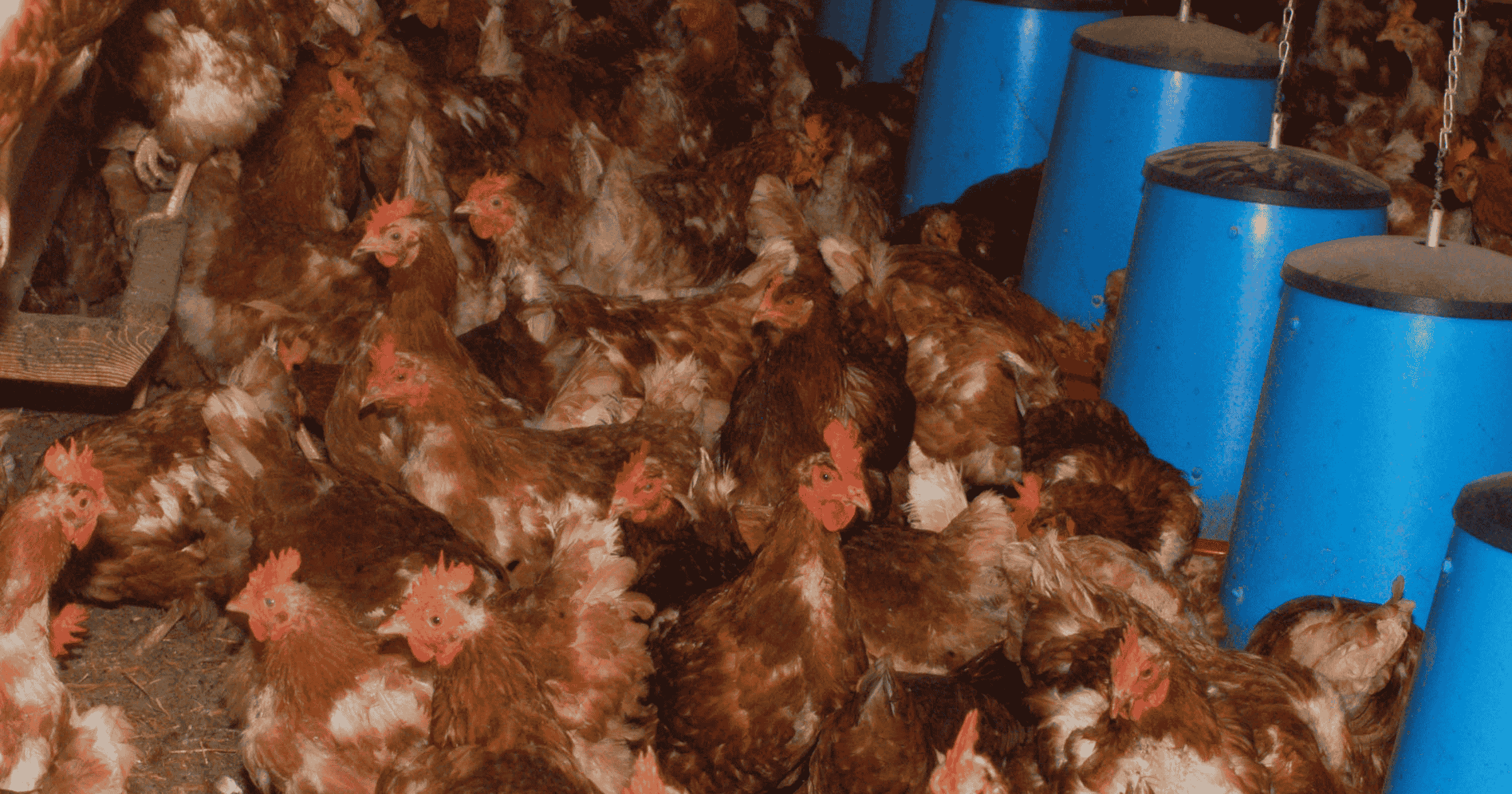
07 Apr Cage-Free vs. Free-Range Eggs in Nigeria – Which Should You Choose?
If you’ve ever walked through a supermarket or browsed a local farm shop in Nigeria, you’ve probably seen terms like:
- Cage-free eggs
- Free-range eggs
- Organic eggs
It’s easy to assume they all mean the same thing, but there’s a big difference — especially when it comes to animal welfare, nutrition, and price.
In Nigeria’s growing egg market, more people are asking:
- What’s the difference between cage-free and free-range eggs?
- Are they worth the price?
- Which one is better for health and for the chickens?
Let’s break it all down, so you know what you’re really buying — and eating.
First, What Are Cage-Free Eggs?
Cage-free simply means:
“The hens are not kept in cages.”
But… that doesn’t automatically mean they roam freely on open land.
In many setups (especially commercial farms in Nigeria), cage-free chickens are:
- Kept inside large poultry houses or deep litter systems
- Have access to space to walk, perch, and lay eggs in nest boxes
- May still be confined indoors, depending on the farm’s design
✅ Pros:
- Better than battery cages (no wire confinement)
- Hens can spread wings, move around
- Cleaner eggs than free-range in open fields
❌ Cons:
- Still limited access to natural light or grass
- If poorly managed, can lead to crowding and stress
Now, What Are Free-Range Eggs?
Free-range means:
“Hens are allowed outdoors, at least part of the day.”
This is what many rural or semi-urban poultry farms in Nigeria do. Birds:
- Roam in a fenced outdoor area during the day
- Forage for insects, peck at plants, get sunlight
- Return to secure housing at night
✅ Pros:
- More natural behavior (scratching, dust bathing, foraging)
- Higher vitamin D levels from sun exposure
- Often richer taste due to varied diet
❌ Cons:
- Exposure to predators, diseases
- Eggs may get dirtier due to outdoor laying
- Requires more land and supervision
Quick Comparison Table
| Feature | Cage-Free | Free-Range |
|---|---|---|
| Cages used? | ❌ No | ❌ No |
| Indoor space | ✅ Yes | ✅ Yes |
| Outdoor access | ❌ Rarely | ✅ Yes |
| Natural diet | ❌ No | ✅ Some foraging |
| Space to roam | ✅ Limited | ✅ Ample |
| Healthier eggs? | ✅ Slightly | ✅✅ Generally yes |
| More expensive? | ✅ | ✅✅ |
| Common in Nigeria? | 🟡 Growing | 🟢 Traditional/farm-based |
So… Which Is Better?
🔹 If you care about:
- Animal welfare
- More natural eggs
- Environmental impact
Free-range eggs win.
🔹 If you want:
- A balance between better chicken care and hygiene
- Affordable pricing
- Cleaner, consistent eggs
Cage-free eggs are a solid choice.
Are Free-Range Eggs Healthier?
Studies (including some done in tropical countries) show that:
- Free-range eggs may have more Vitamin D, due to sunlight exposure
- They often contain slightly more omega-3 fatty acids
- Yolk color tends to be deeper yellow or orange, due to natural foraging
But the difference isn’t extreme — it’s more about how the bird lived than the egg itself.
What About Organic Eggs?
In Nigeria, “organic” often gets used loosely.
True organic eggs come from:
- Chickens raised without antibiotics or growth hormones
- Birds fed organic, non-GMO feed
- Environments free of chemical sprays or artificial pesticides
In most Nigerian markets, you’ll need to ask questions to confirm if the eggs really meet these standards — or if it’s just marketing.
What Nigerian Consumers Should Know
Here in Nigeria, many people:
- Buy eggs from open markets with no labeling
- Don’t ask how the birds are raised
- Choose based on price
But with rising awareness about food quality, more customers (especially in Lagos and Abuja) now:
- Ask for free-range or locally sourced eggs
- Prefer farm-fresh over cold-stored
- Want to support ethical farming practices
How to Know What You’re Buying in Nigeria
Most Nigerian egg trays don’t come with a label — so you need to ask your supplier or farmer:
- Were the hens raised in cages?
- Are they allowed outside daily?
- What kind of feed do you use?
- Do you use antibiotics regularly?
If they can’t answer, chances are you’re getting caged or low-quality eggs.
At Our Farm in Lagos…
We raise both cage-free and free-range hens, depending on customer needs.
✅ No antibiotics or growth enhancers
✅ Locally mixed, high-protein feed
✅ Regular sun exposure for all free-range birds
✅ Clean handling and quick delivery
Want to try the difference?
📞 Call [insert number] or visit [insert farm website] to place your order or schedule a visit.
Final Thoughts
In the end, both cage-free and free-range eggs are better than caged eggs — for the birds and for your body.
If you can afford to, support farms that treat their hens well. You’ll:
- Taste the difference
- Enjoy healthier meals
- Feel good about where your food comes from
And if you’re in Lagos, we’ve got you covered with ethically raised, farm-fresh eggs delivered to your doorstep.
Recent posts
- How to Make Akara and Moi Moi with Farm Eggs | Delicious Nigerian Recipes
- How to Make Perfect Omelettes with Farm Eggs | Easy, Delicious Recipe
- Easy Egg Salad Recipes with Farm Fresh Eggs | Delicious & Nutritious
- Deviled Eggs with Local Nigerian Ingredients | Easy Recipe
- Delicious Nigerian Dishes Made with Eggs | Tasty Egg Recipes
Your cart
Your cart is currently empty!








Sorry, the comment form is closed at this time.